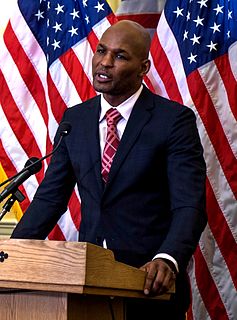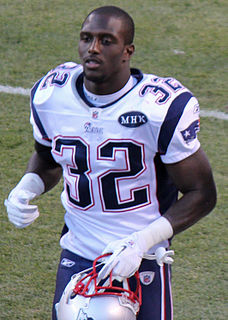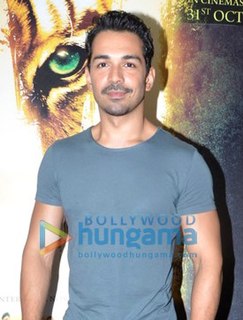A Quote by Ellen Stofan
I always like to say just think you were a doctor with only one patient. You might understand how that person gets sick, how they get better, but you understand nothing about the progression of disease or how humans in general get ill. Now take an Earth scientist: you only have one planet to study.
Related Quotes
I have a friend who's an artist, and he sometimes takes a view which I don't agree with. He'll hold up a flower and say, "Look how beautiful it is," and I'll agree. But then he'll say, "I, as an artist, can see how beautiful a flower is. But you, as a scientist, take it all apart and it becomes dull." I think he's kind of nutty. [...] There are all kinds of interesting questions that come from a knowledge of science, which only adds to the excitement and mystery and awe of a flower. It only adds. I don't understand how it subtracts.
I think everyone is always asking themselves, How is my work meaningful, how is my life meaningful? As I get older, I feel like who I am as a person and a citizen is more important than who I am in my work. But I do think it reframed slightly for me, how much I have to care about a project in order to want to do it. Sometimes, obviously, you have a take a job for money. But I think I'm quicker now when I get a script that's, say, borderline misogynist, I'm not going to go in for it. I'm thinking more about what I'm putting into the world.
If a man could understand all the horror of the lives of ordinary people who are turning around in a circle of insignificant interests and insignificant aims, if he could understand what they are losing, he would understand that there can only be one thing that is serious for him - to escape from the general law, to be free. What can be serious for a man in prison who is condemned to death? Only one thing: How to save himself, how to escape: nothing else is serious.
The players start to recognise your game, start to know how you move, how you pass, how you shoot and the things become difficult now. So now I need to improve more and to work more and understand more the teams who I play against because they will understand me better, but I need to be prepared to understand better the difficulties they can have.
Why shouldn't the death of a person you love bring you into lurid ruin? You don't know how to love the one you love until they disappear abruptly. Then you understand how thinly distanced from their suffering, how sparing of self you often were, only rarely unguarded of heart, working your networks of give-and-take.
We can use the romantic relationship as a microcosmic example. Until you really understand the other person and where they're coming from and you understand yourself and how you contribute to things, you can never make that relationship better. And I think sometimes people don't understand how much these things are related.
I guess most of us would rather not discuss cancer because we are all afraid we might be told we have it. It's hard for people to even say the word, and that's the first obstacle you have to overcome when you are diagnosed with the disease. I think once you understand a little more about it ... I don't mean it gets any easier ... but I think you give it more in-depth thought about how you're going to deal with it.





































